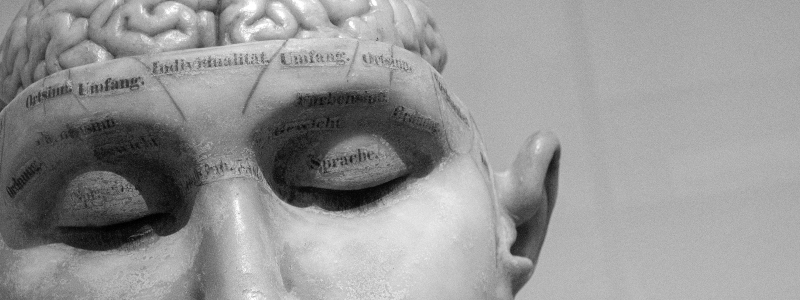The term ‘mental health’ is pretty broad and encompasses emotional and psychological health.
When people talk about mental health they are often referring to symptoms such as depression or anxiety but rarely do they mean psychiatric disorders such as schizophrenia, for example. Therefore, the answer to how to go about getting a mental health diagnosis is – it depends.
It is possible to go to a GP in the UK and present with symptoms that fit the criteria for anxiety or depression and to receive a ‘diagnosis’ from this doctor. In turn they may ‘prescribe’ counselling or offer you medication such as anti-depressants.
However, receiving a mental health diagnosis is not the same as receiving a diagnosis for a physical disorder. Let me explain.
Nobody has seen a mind.
If you are unfortunate to break a bone due to a fall, it is safe to assume that unless you are encountering an incompetent doctor, you will receive the same diagnosis irrespective of which hospital you attend wherever in the world; a broken bone is exactly that.
When it comes to mental health, the criteria is different as we are really talking about the ‘health’ of the human mind (or in many cases the emotional system), and the problem is that nobody has ever seen a mind.
Most mental health diagnoses are therefore based on the presentation of ‘clusters’ or groups of symptoms that a patient experiences over time. A GP will consider your experiences and the duration over which you have experienced them and on that basis will offer you a ‘diagnosis’.
Whilst this may be helpful in order to access medication of brief counselling, it is unlikely to resolve matters. And bear in mind that most GP’s have had very little mental health training – generally only weeks, compared to the years of training around physical health.
A psychiatric diagnosis
If you have severe symptoms that quite possibly may include delusions, you may be referred to a psychiatrist. A psychiatrist is a medical doctor who has specialised in ‘diagnosing’ psychiatric disorders and on the basis of a diagnosis you will likely receive medication and/ or psychotherapy.
Counselling and Psychotherapy
The parallel but distinct professions of counselling and psychotherapy are both related to mental health and approach treatment of mental health conditions through what is known as ‘the talking cure’. In reality the cure comes about far more through listening, rather than talking on the part of the clinician.
Whilst there is disagreement about the fundamental differences between counselling and psychotherapy – which I have previously written about here – a reasonable differentiation is that counselling is used to as a shorter term treatment working on a more superficial level.
Psychotherapy, as defined by the UKCP _United Kingdom Council for Psychotherapy) involves a similar process to counselling but working with a clinician trained for a longer period of time who is crucially able to formulate, unlike counsellors.
Formulation is the word psychotherapists use to ‘diagnose’ but as we do not tend to work within the ‘medical model’ and recognise that mental health issues encompass both psychological as well as emotional issues, we use a different language and different models to the medical model in order to make sense of a person’s inner world.
Is psychotherapy about getting rid of symptoms?
Whilst most people presenting for psychotherapy simply wish to ‘feel better’, a large part of the process of therapy is to become curious about one’s symptoms in the context of the therapeutic relationship. Psychological or emotional symptoms, much like bodily symptoms, are often there to inform us of something important that needs attending to.
Psychotherapy is fundamentally about working to create a deeper relationship with oneself, through the relationship with the psychotherapist. And through this deeper relationship we can come to understand our symptoms better as signals that are telling us something about our life: often either about something in the past that has not been processed or worked through, or something about what we yearn for in the future.
Mark Vahrmeyer, UKCP Registered, BHP Co-founder is an integrative psychotherapist with a wide range of clinical experience from both the public and private sectors. He currently sees both individuals and couples, primarily for ongoing psychotherapy. Mark is available at the Lewes and Brighton & Hove Practices.
Further reading by Mark Vahrmeyer –
How do I find the right psychotherapist?
Why do people get the birthday blues?
Is happiness the opposite of depression?

Leave a Reply